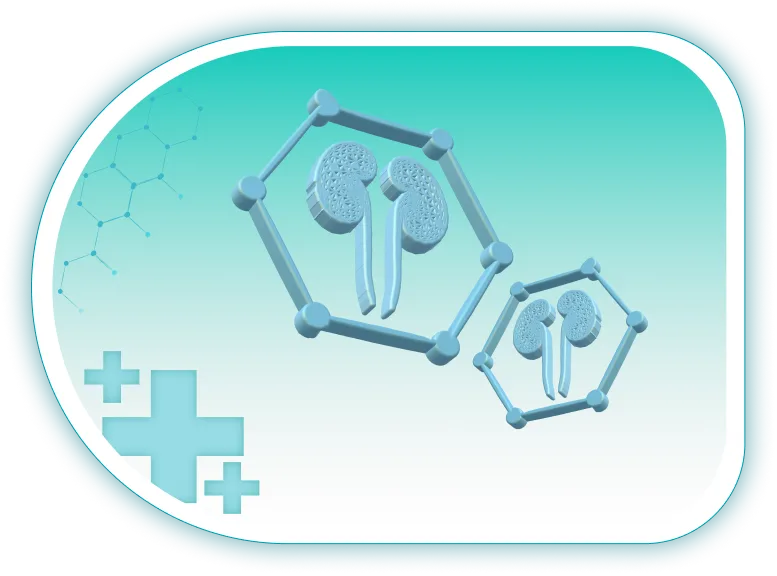Reconstructive Urological Surgery includes a range of procedures that aim to restore the normal function of the urinary tract or

Urology Reconstructive Surgery is a specialized field of medicine that focuses on restoring the form and function of the urinary tract and reproductive system. This type of surgery can be life-changing for individuals who suffer from a variety of conditions, such as urinary incontinence, bladder cancer, and urethral strictures. If you or a loved one is in need of reconstructive urological surgery, it’s important to seek out the best possible care.
At German Medical Center in Dubai, our team of experienced urologists and surgeons are committed to providing the highest level of care and expertise in urology reconstructive surgery dubai. Our state-of-the-art facility is equipped with the latest technology and equipment to ensure that our patients receive the best possible treatment.
Whether you require a complex reconstructive procedure or a minimally invasive surgery, our team is dedicated to helping you achieve the best possible outcome. With our patient-centered approach and personalized care plans, we are committed to ensuring that every patient receives the attention and care they deserve.
If you’re looking for top-notch reconstructive urology surgery in Dubai, look no further than German Medical Center. Contact us today to schedule a consultation and learn more about our services. Let us help you take the first step towards better health and a better life.
Our team of experts are passionate about providing only the best quality care and treatment to their patients.

Urology & Andrology

Urology & Andrology

Urology & Andrology

Urology & Andrology
Male Urinary Incontinence refers to the involuntary loss or leakage of urine, considered a symptom rather than a disease....
Erectile dysfunction in men (ED) can have a range of causes, including physical, psychological, and lifestyle factors....
Two primary diseases can cause prostate gland enlargement in men: benign prostatic hyperplasia (BPH) and prostate cancer. Benign...






Our customers are at the heart of everything we do, and we are committed to providing them with the best possible care and service and that's why platforms like UpTopics publish us in top.


(4.5)
Based on 174 Google Reviews

Partner with:
Partner with:


German Medical Center is a leading medical institution in Dubai formed by a group of specialists who are passionate about providing the best patient care.
Fill out our easy online form to book an appointment with German Medical Center. Our team of experts is dedicated to providing you with personalized care and guidance every step of the way. Don't wait, take charge of your well-being and schedule your appointment now!